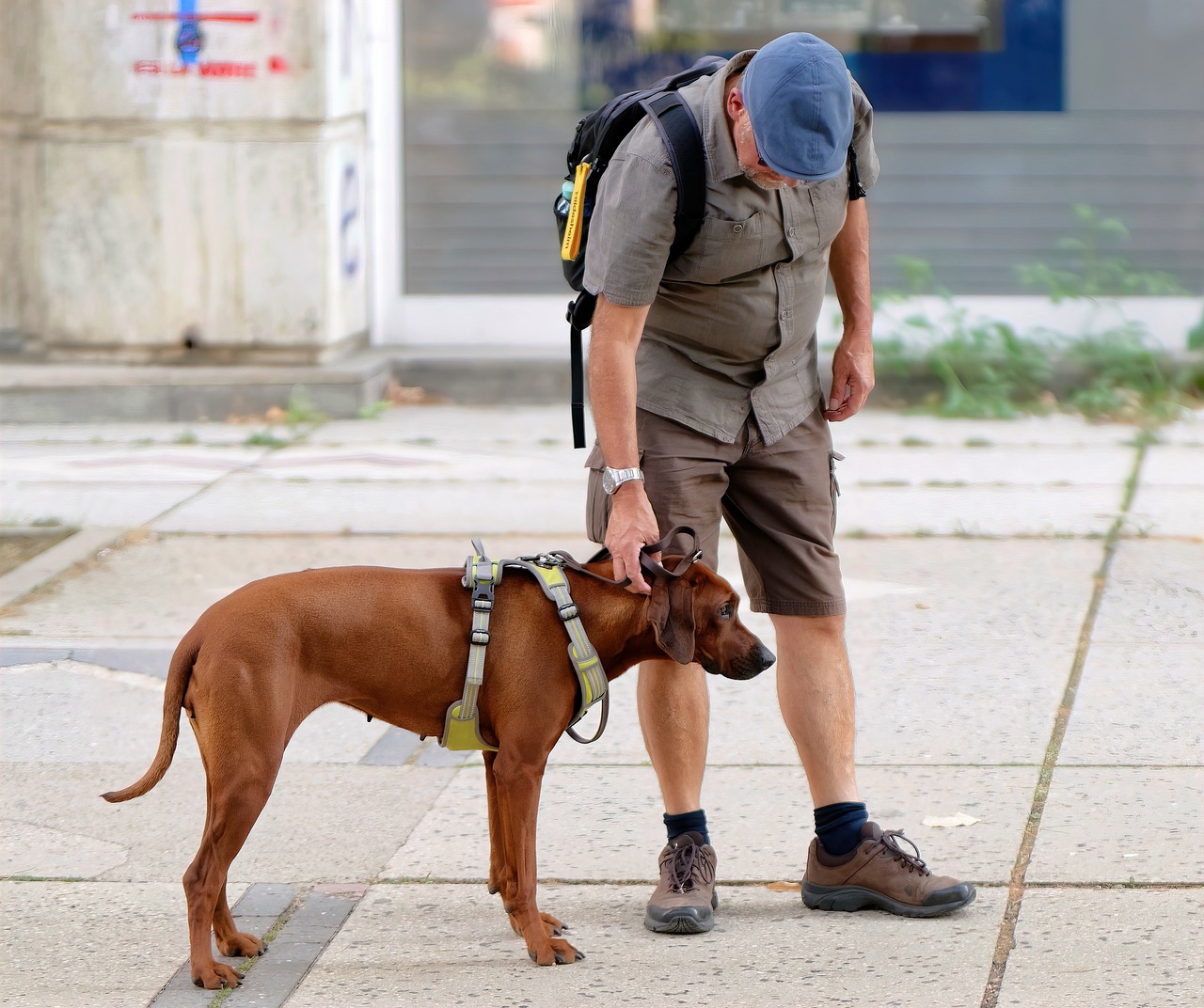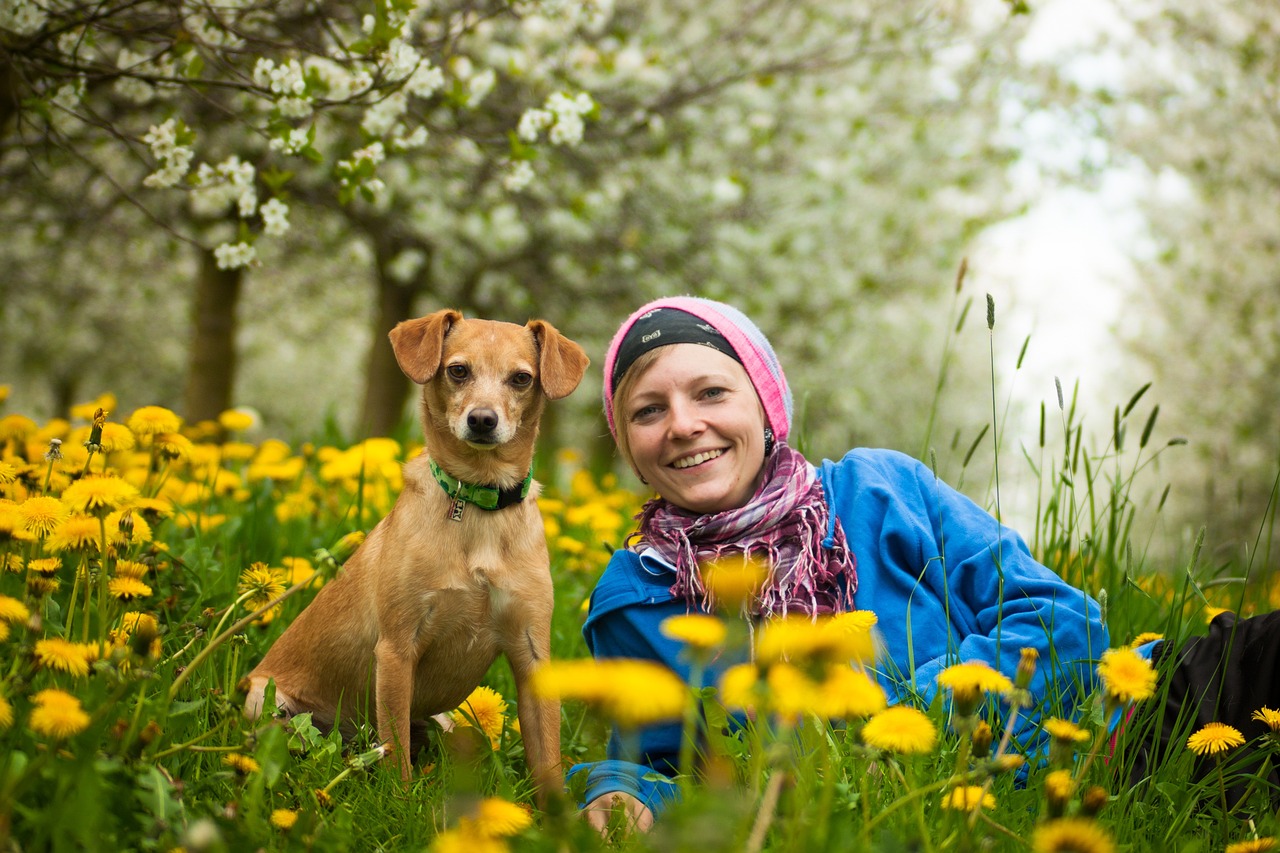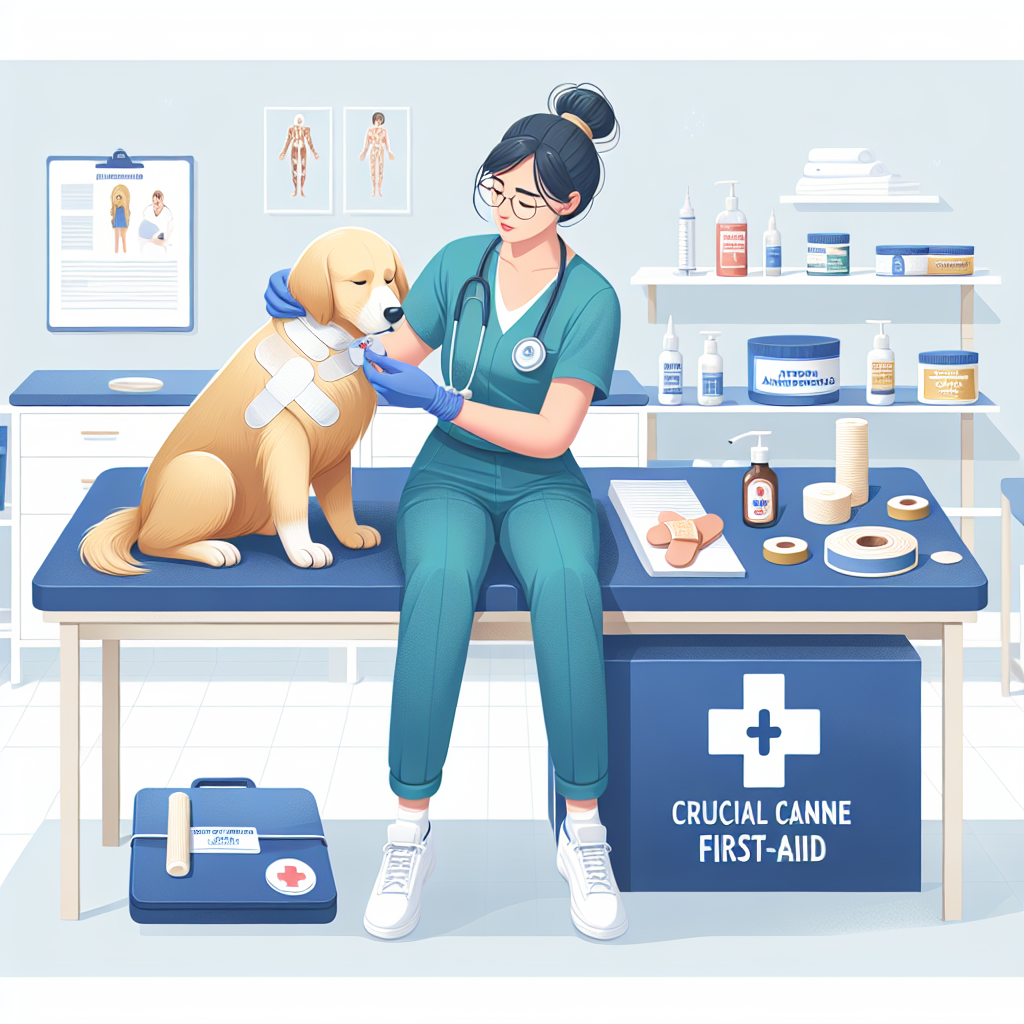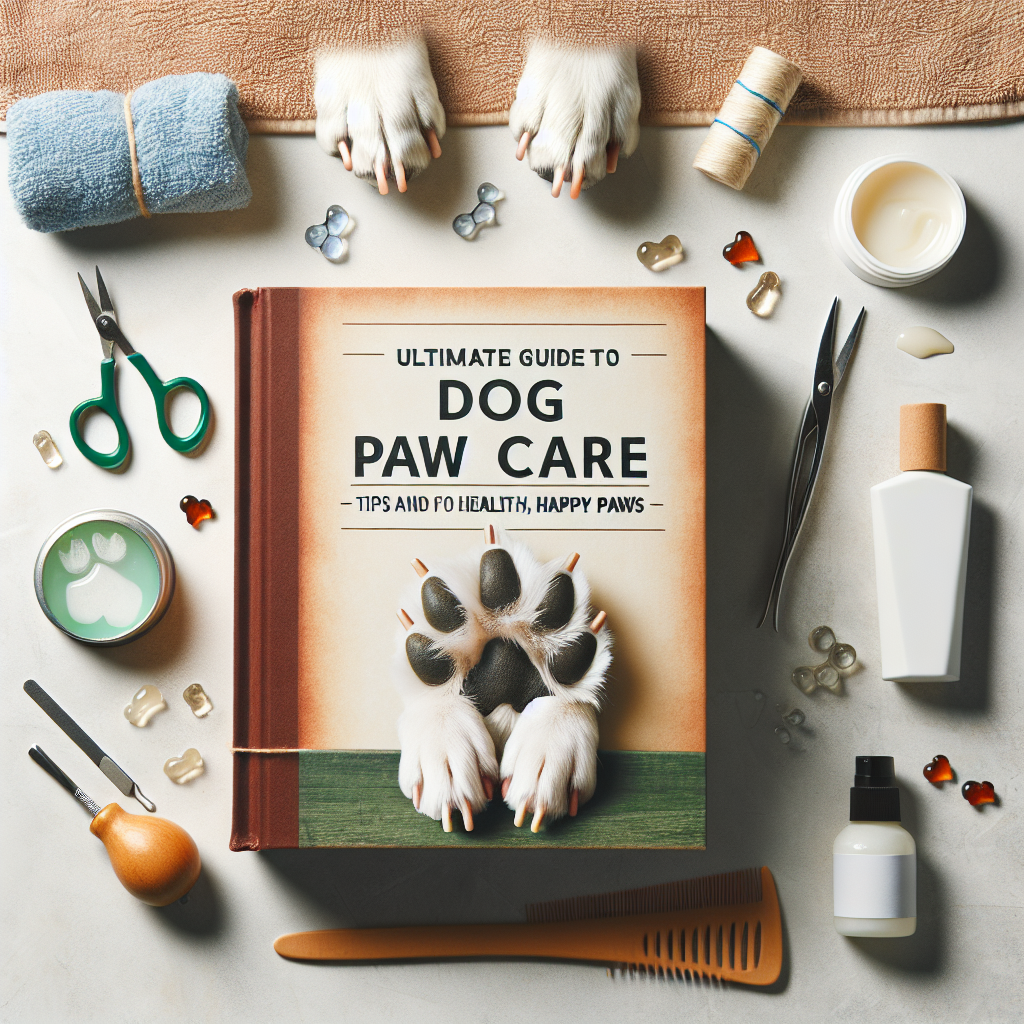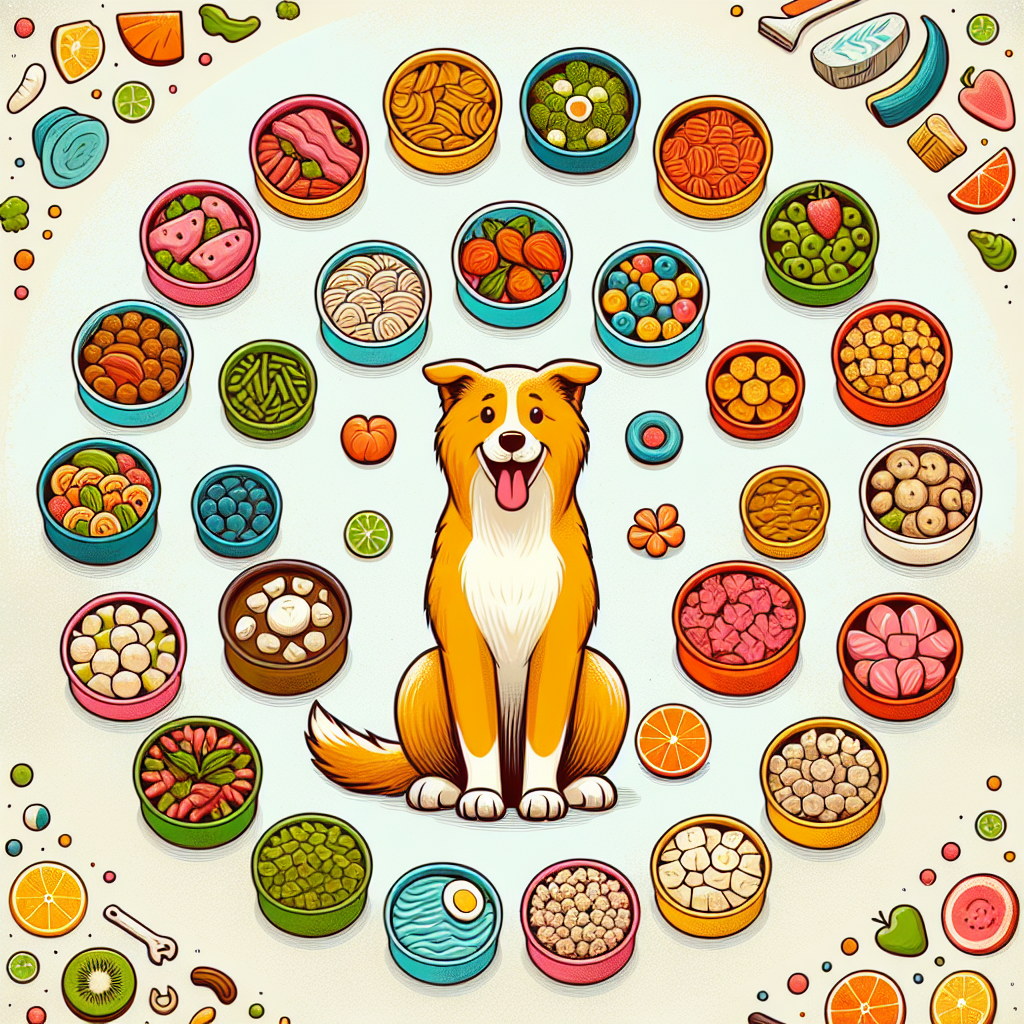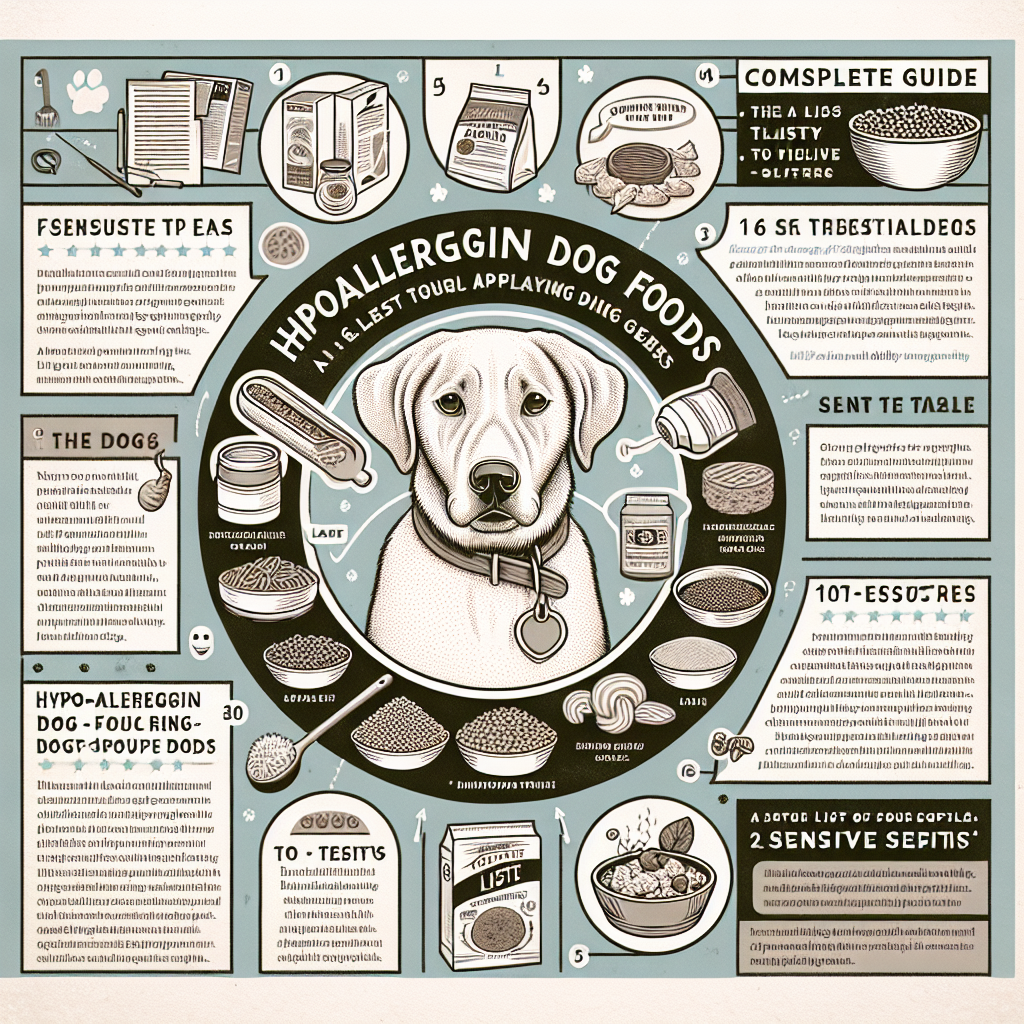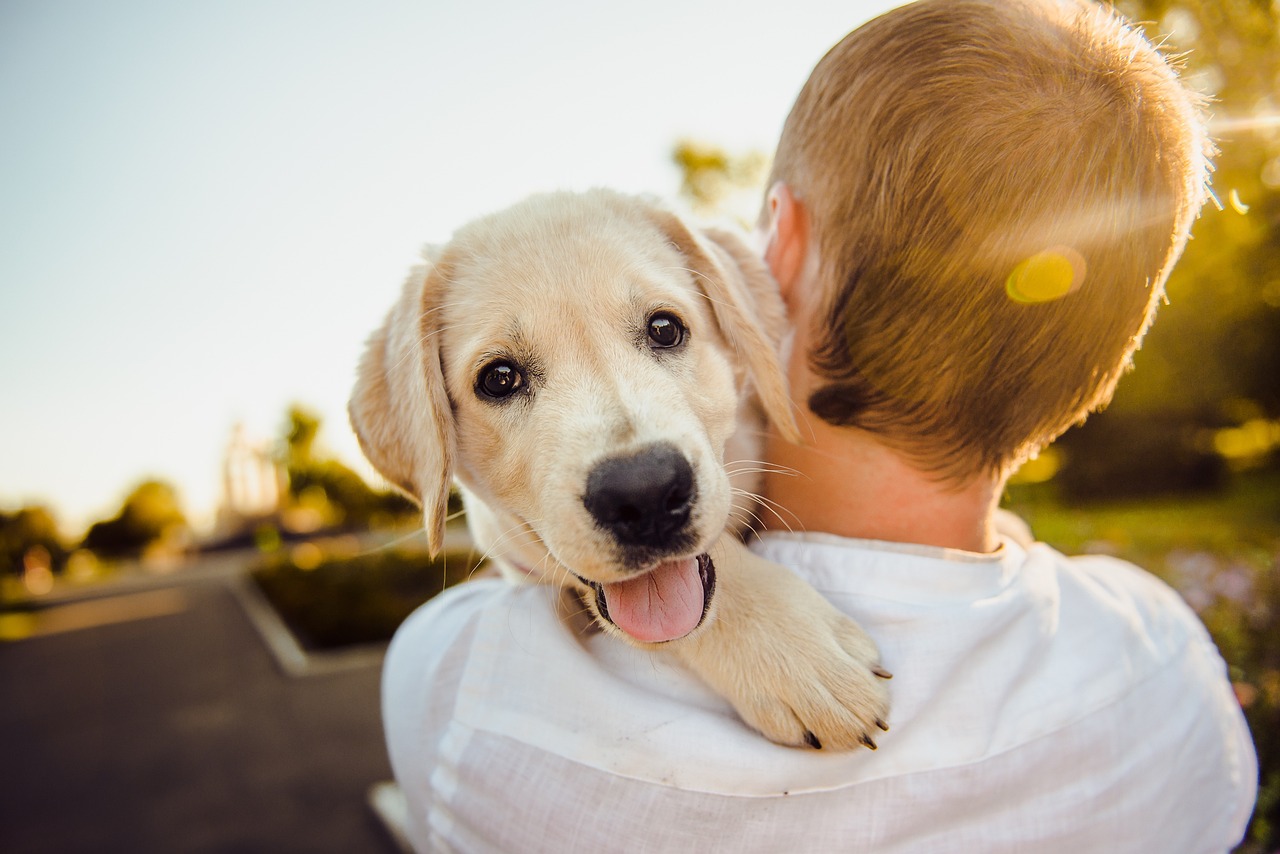
Dog socialization is a critical aspect of training. It ensures that your furry friend can comfortably interact with different environments, people, and other animals. Effective dog socialization helps prevent behavioral issues, boosts your dog’s mental health, and strengthens your bond. In this comprehensive guide, we’ll explore the top 10 proven techniques for effective dog socialization so you can enhance your pup’s social skills today.
Table of Contents
-
- Understanding Dog Socialization
-
- Why Socialization Matters
-
- The Best Age for Socializing Your Dog
-
- Top 10 Proven Techniques for Effective Dog Socialization
-
- Gradual Exposure to New Environments
-
- Positive Reinforcement Training
-
- Socialization Classes and Dog Parks
-
- Meeting Different People
-
- Safe Interaction with Other Animals
-
- Consistent Routine and Boundaries
-
- Exposure to Different Sounds and Objects
-
- Daily Walks and Playtime
-
- Supervised Playdates
-
- Using Pheromone Products
-
- Top 10 Proven Techniques for Effective Dog Socialization
-
- Common Socialization Mistakes to Avoid
-
- Conclusion
Understanding Dog Socialization
Dog socialization involves introducing your pup to a variety of experiences, including meeting new people, interacting with other animals, and exploring different environments. Proper socialization helps your dog develop into a well-rounded, confident, and well-behaved pet.
Why Socialization Matters
Socialization is crucial for several reasons:
-
- Behavioral Stability: Socialized dogs are less likely to exhibit anxiety, aggression, or fear-based behaviors.
-
- Mental Health: Regular social interactions keep your dog’s mind active, reducing the risk of boredom and related destructive behaviors.
-
- Adaptability: Socialized dogs adjust better to changes and new situations.
-
- Safety: A well-socialized dog is less likely to react negatively to strangers, children, or other dogs, making them safer and more enjoyable to be around.
The Best Age for Socializing Your Dog
The prime time for socializing a dog is during the puppy stage, usually between 3 to 14 weeks of age. However, with proper techniques and patience, older dogs can also be socialized effectively.
Top 10 Proven Techniques for Effective Dog Socialization
1. Gradual Exposure to New Environments
Start by introducing your dog to new environments slowly. Whether it’s a park, a beach, or a new neighborhood, gradual exposure helps prevent your dog from feeling overwhelmed. Begin with less crowded places before progressing to busier environments.
2. Positive Reinforcement Training
Positive reinforcement is a powerful tool for encouraging social behavior. Reward your dog with treats, praise, or play whenever they exhibit desirable social behavior. This reinforces positive experiences and builds confidence.
3. Socialization Classes and Dog Parks
Enroll your pup in socialization classes where they can safely interact with other dogs under supervision. Dog parks are another excellent venue for socialization, offering a controlled environment where dogs can play and learn from each other.
4. Meeting Different People
Expose your dog to a wide range of people, including children, adults, and elderly individuals. Encourage them to handle and interact with your dog gently. This helps your dog become comfortable around various people and reduces the likelihood of fear or aggression.
5. Safe Interaction with Other Animals
Allow your dog to meet and interact with other animals, including cats and other dogs. However, always ensure these interactions are supervised to prevent any negative experiences that could hinder the socialization process.
6. Consistent Routine and Boundaries
Establish a consistent routine that includes regular socialization opportunities. Clear boundaries and expectations help your dog understand acceptable behavior and reduce anxiety in new or unfamiliar situations.
7. Exposure to Different Sounds and Objects
Expose your dog to a variety of sounds and objects to desensitize them from potential triggers. These can include vacuum cleaners, lawnmowers, and household appliances. Gradual exposure to such stimuli can reduce fear and anxiety.
8. Daily Walks and Playtime
Regular walks and playtime are essential for socialization. They provide your dog with opportunities to encounter new sights, sounds, and smells. Interaction with other dogs and people during these activities further enhances their social skills.
9. Supervised Playdates
Arrange playdates with other dogs. Supervised playdates allow your dog to engage in natural play behavior while learning social cues and boundaries from their peers.
10. Using Pheromone Products
Pheromone products, such as diffusers or sprays, can help create a calming environment for your dog. These can be especially useful when introducing your dog to new situations or environments, providing a sense of security and reducing stress.
Common Socialization Mistakes to Avoid
While effective socialization can yield significant benefits, it’s important to avoid common mistakes:
-
- Rushing the Process: Give your dog time to adjust to new experiences. Too much too soon can be overwhelming and counterproductive.
-
- Negative Reinforcement: Never punish your dog for fear-based or aggressive behaviors. Instead, focus on positive reinforcement to encourage desired behaviors.
-
- Lack of Supervision: Always supervise interactions with other animals and people to prevent negative experiences.
-
- Inconsistency: Inconsistency in routines, boundaries, and socialization efforts can confuse your dog and hinder progress.
-
- Ignoring Signs of Stress: Pay attention to your dog’s body language. Signs of stress, such as cowering, barking, or aggression, indicate that your dog might need a break from socialization or a slower approach.
Conclusion
Effective dog socialization involves patience, consistency, and a positive approach. By incorporating these proven techniques, you can enhance your pup’s social skills, ensuring they grow into a well-adjusted, confident, and happy member of your family. Remember, socialization is a lifelong process. Continuously providing new experiences and opportunities for social interaction will benefit your dog’s overall well-being. Start today and watch your furry friend thrive in various social environments!
Make sure to share this article with fellow dog owners and help them enhance their pups’ social skills too. Happy socializing!
#ChatGPT assisted in the creation of this article.

